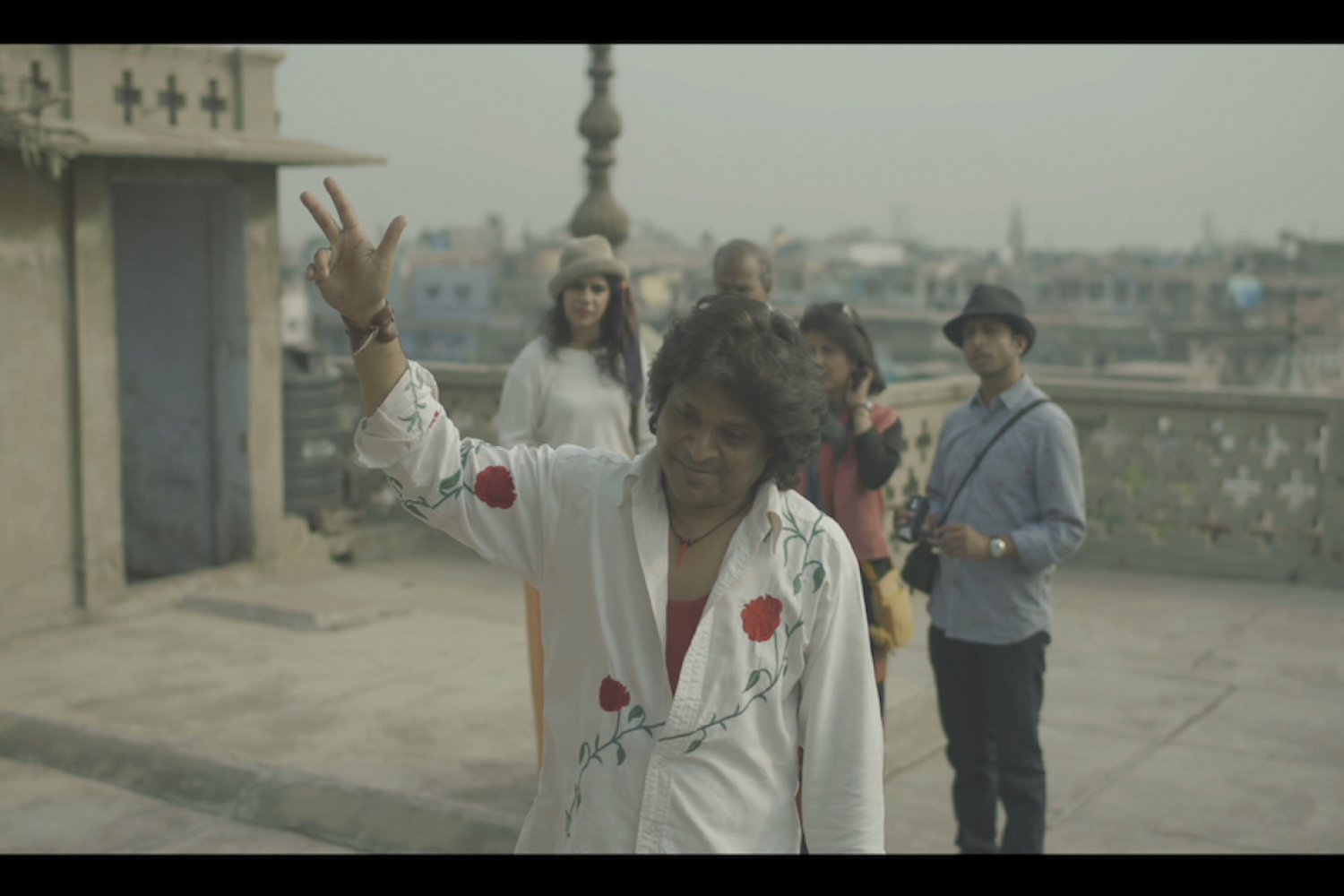

With over forty years of experience, eminent theatre artist Anamika Haksar turned to cinema a while ago with a solid script called Ghode ko Jalebi Khilane Le Ja Riya Hoon. This interestingly long titled film was actually born years ago when Anamika lived in the capital city, where she grew up as well. Admittedly, Delhi always fascinated Anamika — especially Old Delhi that is always bustling with people trying to make a living, with their hopes and dreams in tow. We spoke to her to know more about the film and the big switch from theatre.
Can you talk about the inception of your debut film?
It was something that has been an ongoing interest — a connection to Delhi. Also my family came and settled in Old Delhi. My father and grandfather's brother, they would all stay in Old Delhi. We sometimes used to visit them so there was a contact there. And I've always found it very fascinating to look at working people of Old Delhi because in this little oasis of the city, there are so many different types of people labouring. And you don’t know what’s going to happen to you, in terms of your life, in terms of who is going to come and attack you on the street. There are a lot of things that happen when you're living like that. So there's that unpredictably. And I didn't want to look at them just physically, but in the sense of what is going on their subconscious mind, which led me to make this film.
Can you talk about the research for the script and the process you followed?
I wrote a fictional script and then I made a questionnaire for the people whom I wanted to address in the film. My friends helped me out, especially those who had been staying in another working class area, so they had a rapport there with their people. I asked questions like what do you feel? What do you dream about? What is your relationship to your village? What do you think, or what do you do in your leisure time? So there were a lot of these very personal questions. Over time they got all the documentation with the answers and then I sliced that documentation with the fictional structure. We started shooting in 2015 and shot for over a year but had a 70-day schedule.
What do you want the audience to take away from the film?
I don't look at things like that. There's nothing that I want. I just feel that the film is shedding light on the voice of people who are just being shoved into a corner. So I think that there needs to be dignity and respect for these people. Now, everything is just getting commercialised and it's very difficult to sustain and be close to the truth of a person's existence, thoughts and beliefs. So that is the thing that I thought was the most important. And I would like to celebrate that.
Any directorial conundrums that came your way?
I have been trained for nine years in theatre, then I also went and trained for eight months for the film, which is very little to actually try and get into a new medium. It’s arrogant to even think you can make a film after just eight months of training. But my forty years of experience in theatre helped. So working with actors, working with the company, all this was not difficult, but working through the lens was helped a lot by formula, in terms of cinematic decisions, because this is my first time. But we had a lot of discussions. Like we shot in natural spaces, there’s no studio or there's nothing like that. So it's all completely raw on the street. Sometimes our film was stopped by the people against the labor so they would try and take their revenge. Then the police would come in.
If you had to, can you choose between theatre and cinema?
I love theatre because it's a very comforting and collective space. Cinema doesn't seem to be such a friendly space. In the sense that, you know, you work for a bit then you part. Theatre is a very intense, intimate experience. You have no team in the middle. It's just you and the actors and your audience. So I find that much more comforting. I found cinema very, very tough in terms of the nature of it. Everything is fragmented. On the contrary, what you can bring in terms of memory, of just positioning past and present and future, is extraordinary in cinema and what the lens can catch in terms of one frame — you can get multiple layers of living. I find that fascinating about cinema, which is really different from theatre.
Text Hansika Lohani Mehtani
Date 08-07-2022